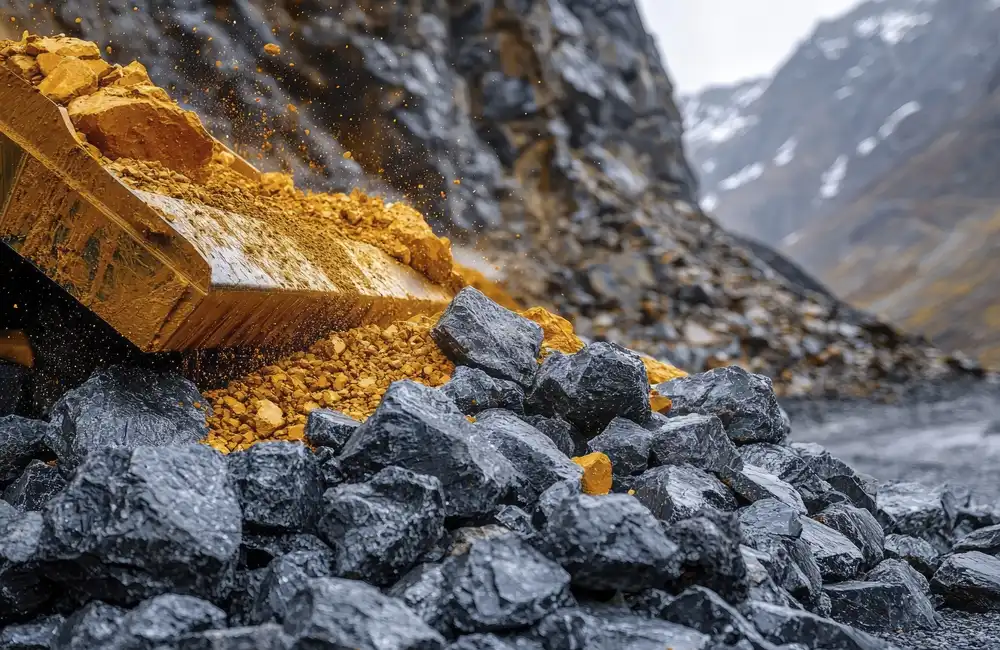The usage of Rare Earth Elements (REEs) has become indispensable in the defence and technology sectors.
Critical materials drive advanced technologies in fighter jets, drones, precision-guided munitions, satellite systems and consumer electronics, yet the UK’s rare earth element supply chain remains vulnerable.
The Importance of Rare Earth Elements in Military Applications and Modern Technology
High-performance magnets, batteries and specialised alloys rely on rare earth elements such as neodymium, dysprosium and terbium for radar, missile navigation and communications.
Current Condition of the UK’s Rare Earth Element Supply Chain
Heavy Reliance on Imports
The UK has no domestic REE production or processing and depends on international suppliers, with China controlling about 70–80% of global extraction and refining.
Fragmented Industrial Capabilities
The UK’s tech and defence sectors lack integrated processing or recycling infrastructure, leaving supply chains exposed to shortages or export restrictions.
Resource Exploration Potential
Small REE deposits exist in Cornwall and Scotland, but significant investment, regulatory support and new technology are needed to develop them.
Global Supply Chain Dynamics
Geopolitical tensions and trade barriers create volatility, as disruptions in one region can ripple across the fragmented global REE market.
Risks to the UK Defence and Tech Sectors
Geopolitical Risks
Dependence on REEs from countries with complex diplomatic ties, such as China, risks severe shortages during disputes or bans.
Economic Risks
Price spikes and speculative trading in REE markets can rapidly increase costs for advanced weapon systems and technologies.
Technological Risks
Supply disruptions could delay research, development and production of defence and tech products reliant on REEs.
Environmental and Regulatory Risks
REE extraction often involves environmentally damaging processes, conflicting with the UK’s sustainability goals and potential new regulations.
Strategies for Mitigation
Diversification of Supply Sources
Forge trade alliances with REE-rich countries outside China, collaborate with EU partners and accelerate domestic exploration in Cornwall and Scotland.
Investment in Recycling and Circular Economy Initiatives
Develop electronics recycling programmes and fund efficient REE recovery techniques to reduce primary extraction needs.
Enhancing Domestic Processing Capabilities
Build UK-based refining facilities and partner with industry to tackle large-scale processing challenges.
Stockpiling and Strategic Reserves
Create and manage REE reserves to buffer against geopolitical or market-driven disruptions.
Research and Development
Invest in R&D for REE substitutes and alternative materials to lessen reliance on scarce elements.
Strengthening Regulatory Frameworks
Implement policies for sustainable extraction, ethical sourcing and incentives for private investment in REE capabilities.
Industry Engagement and Public-Private Partnerships
Align government, defence contractors and technology leaders through knowledge-sharing and joint supply-chain security efforts.
Conclusion
The UK’s dependence on imported REEs poses strategic risks, but proactive diversification, domestic initiatives and sustainability measures can secure its defence and technology sectors.























